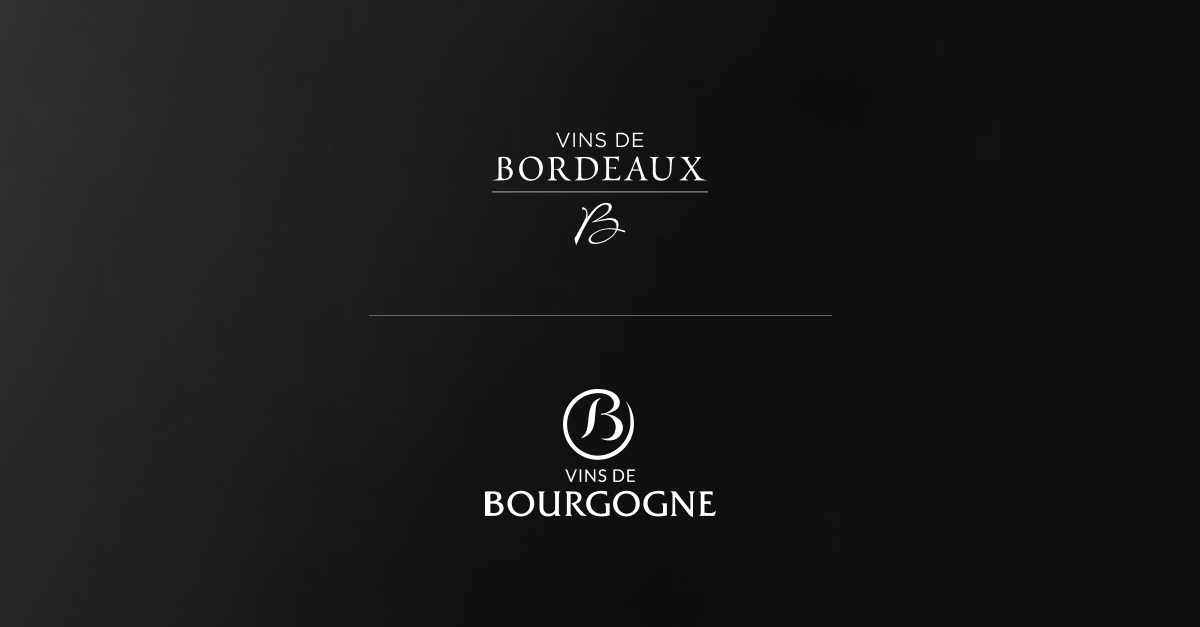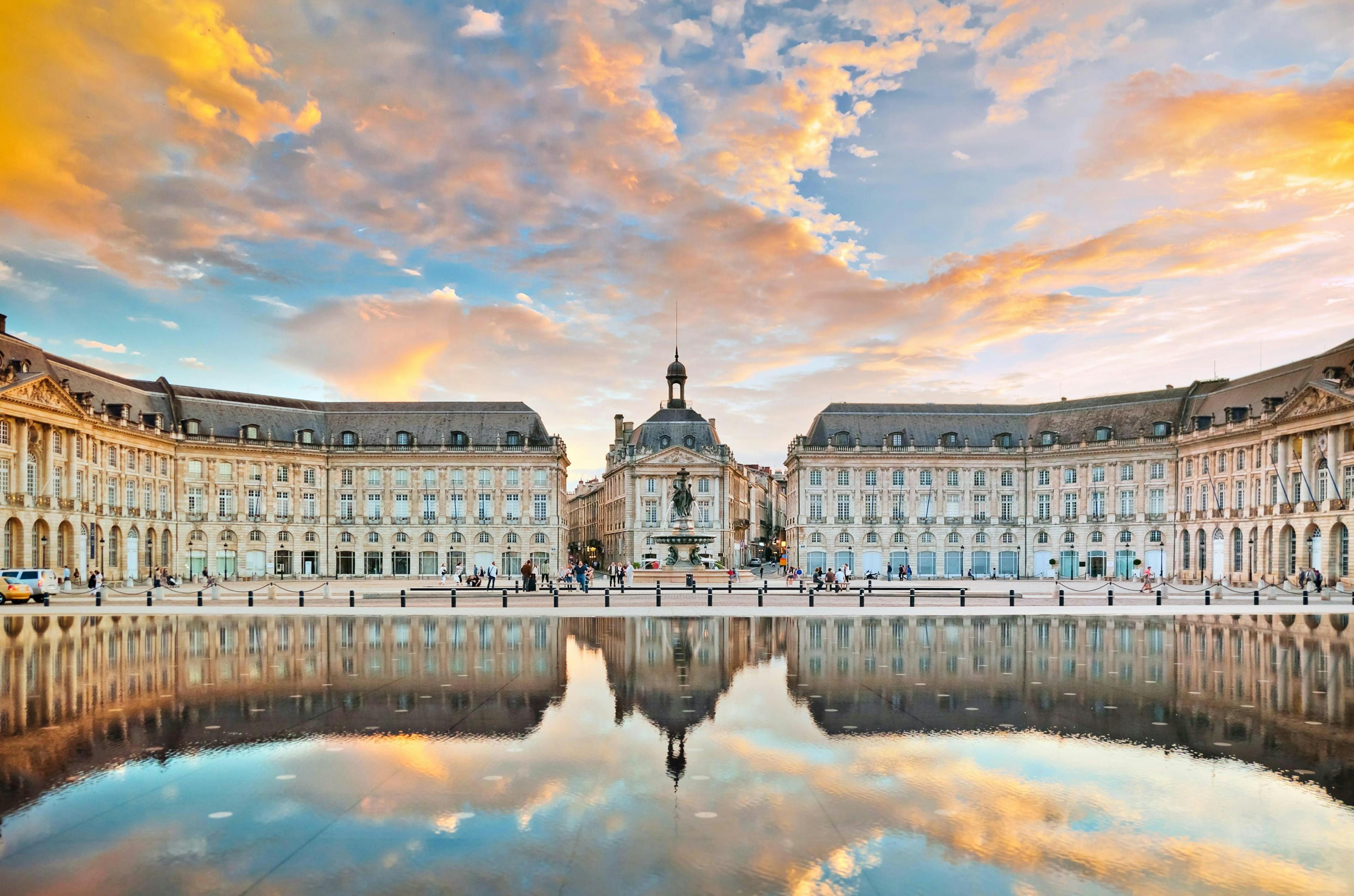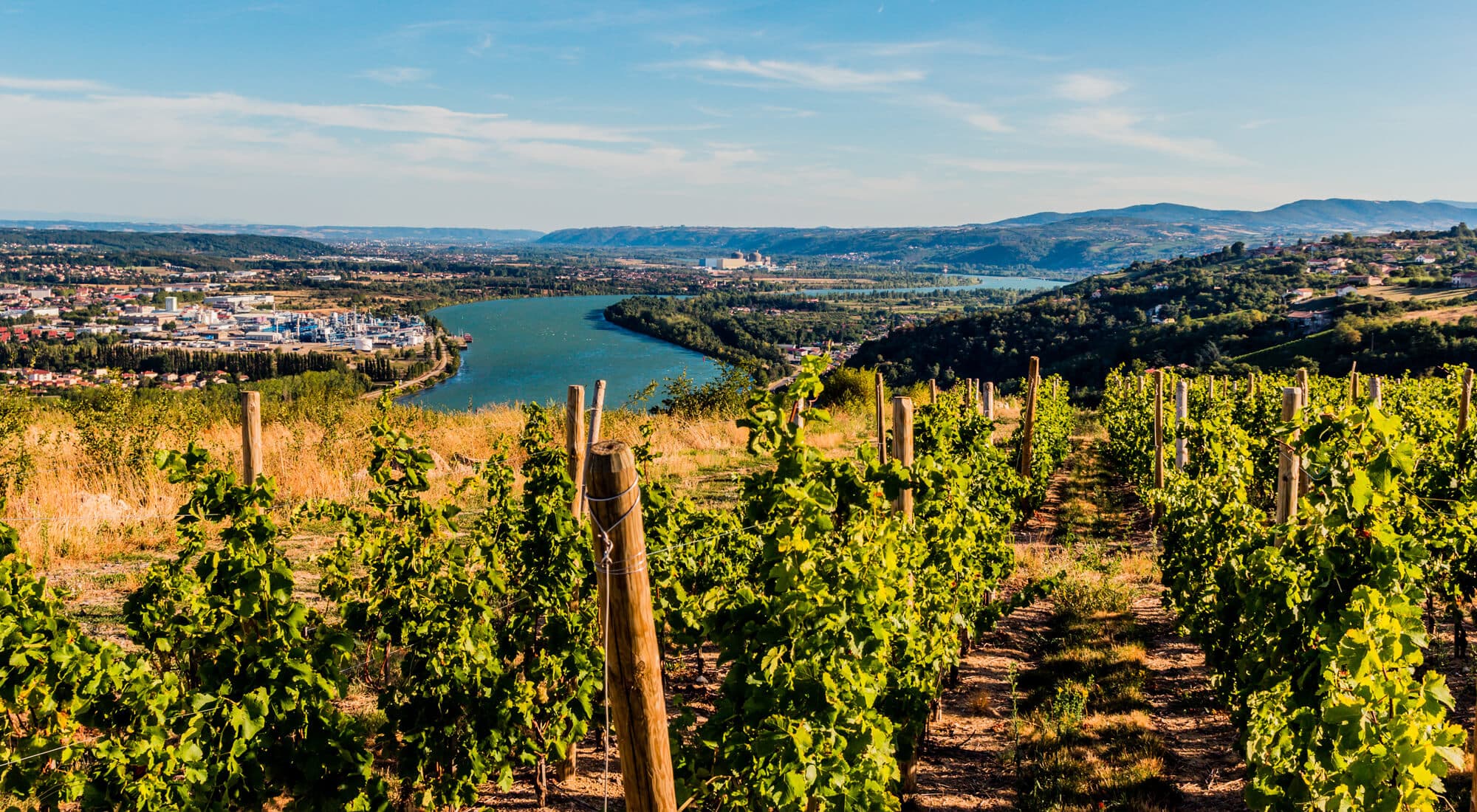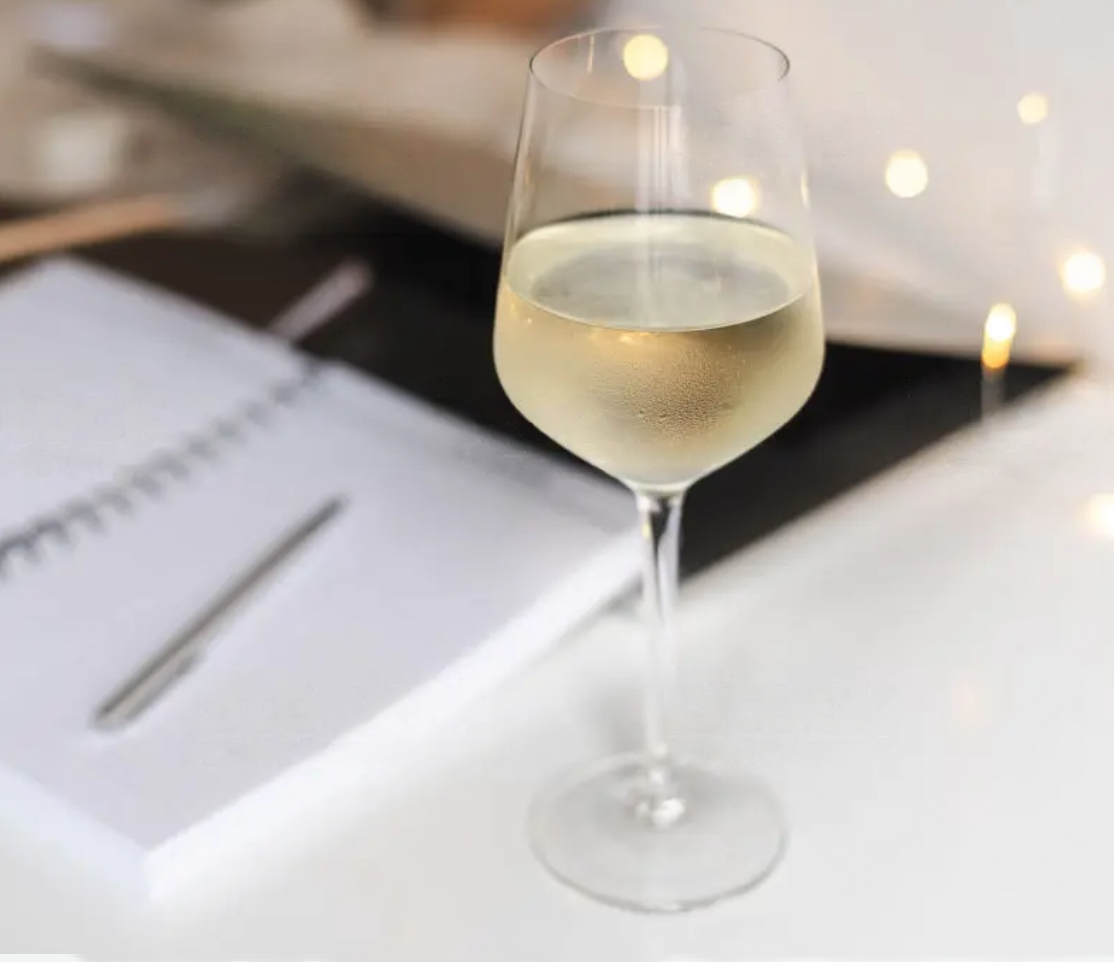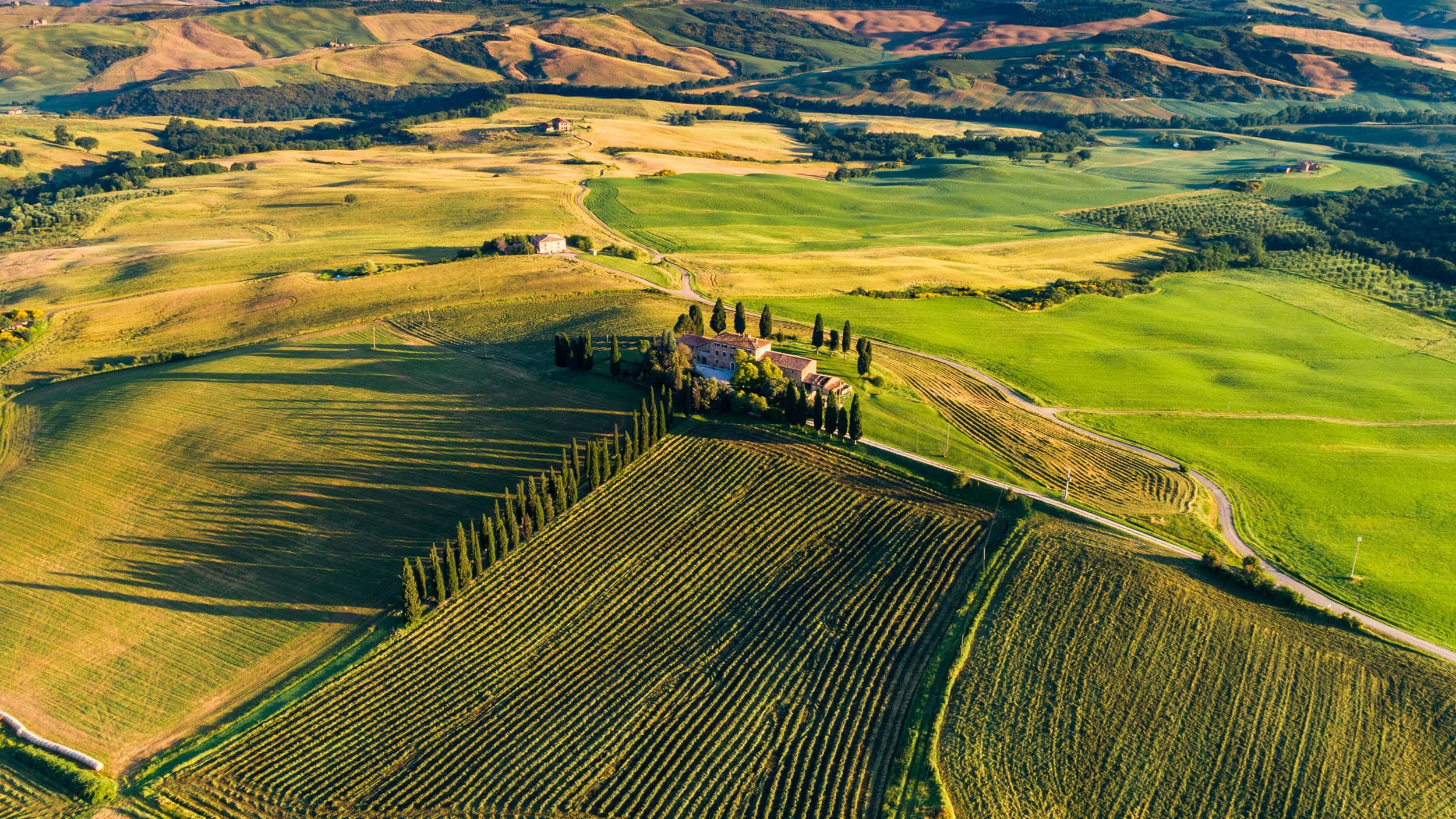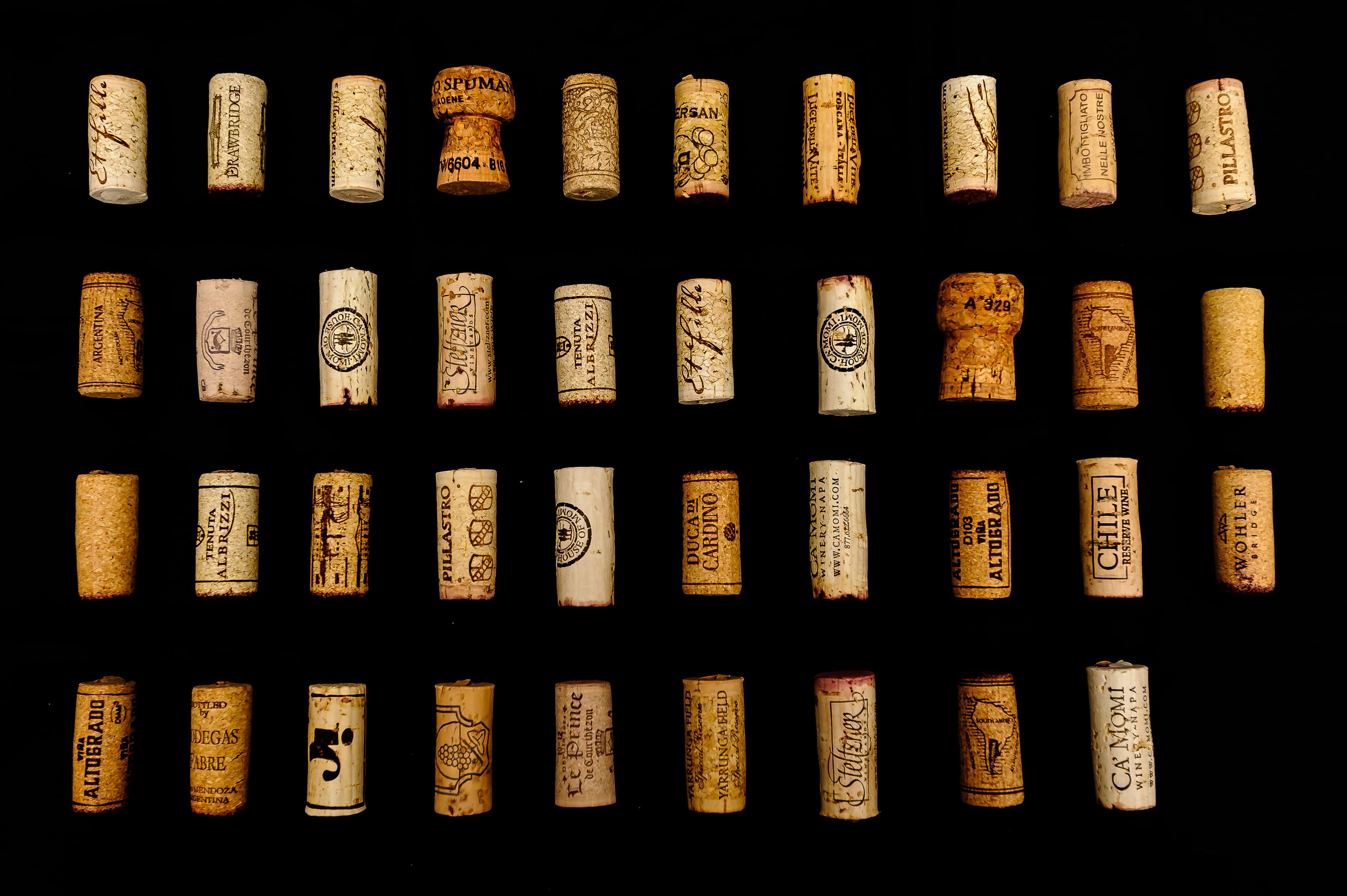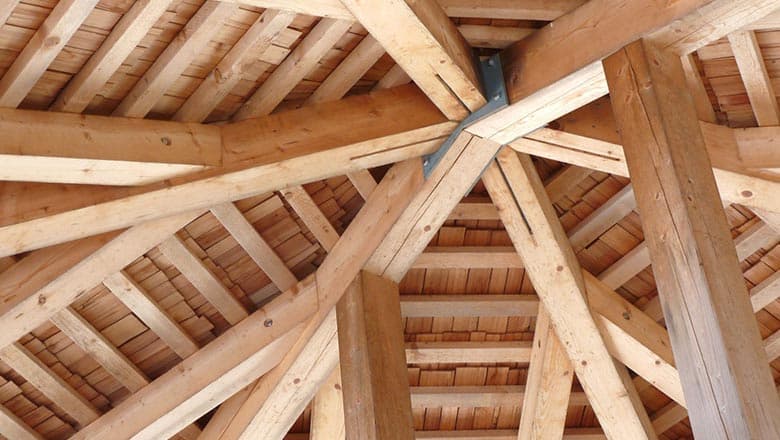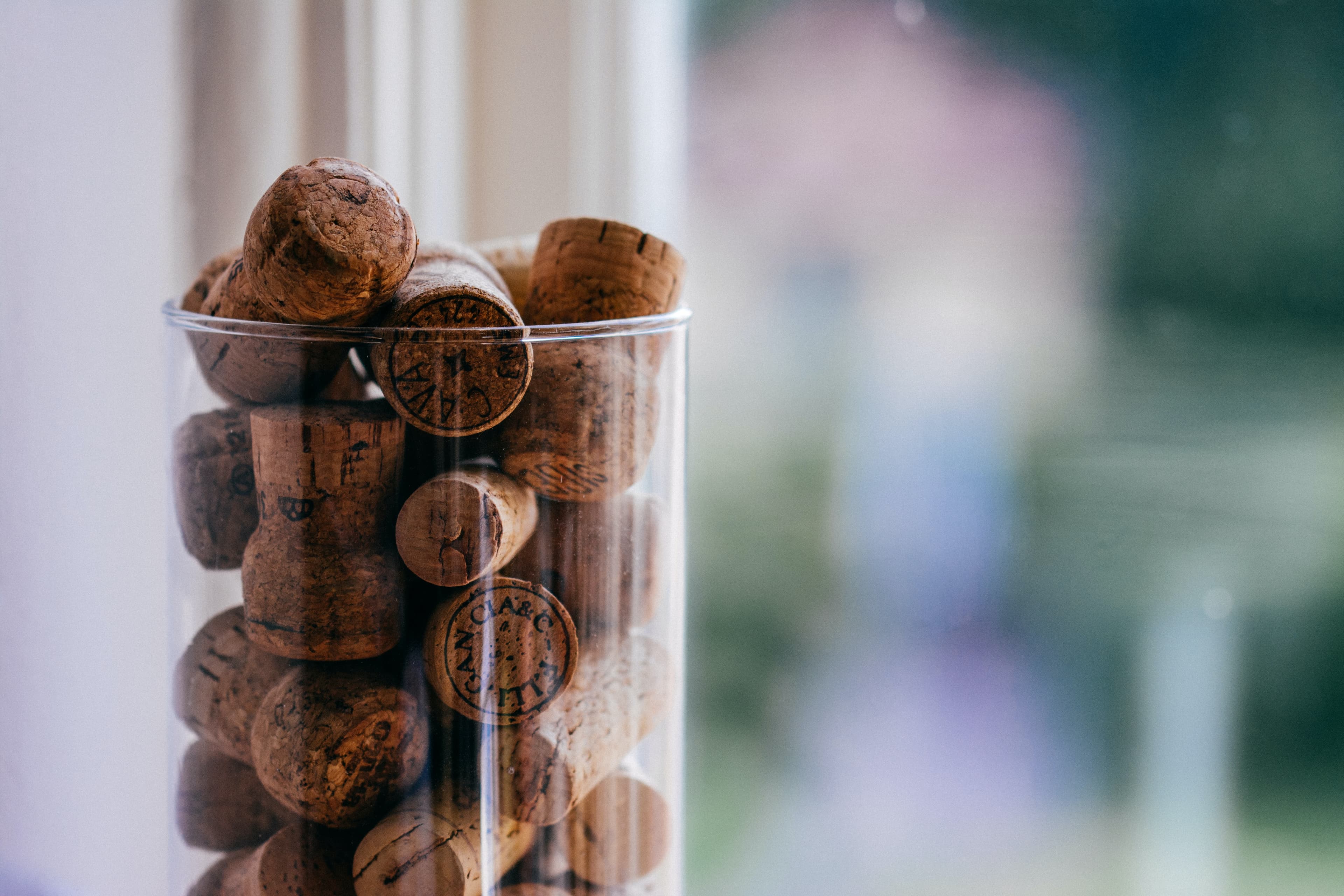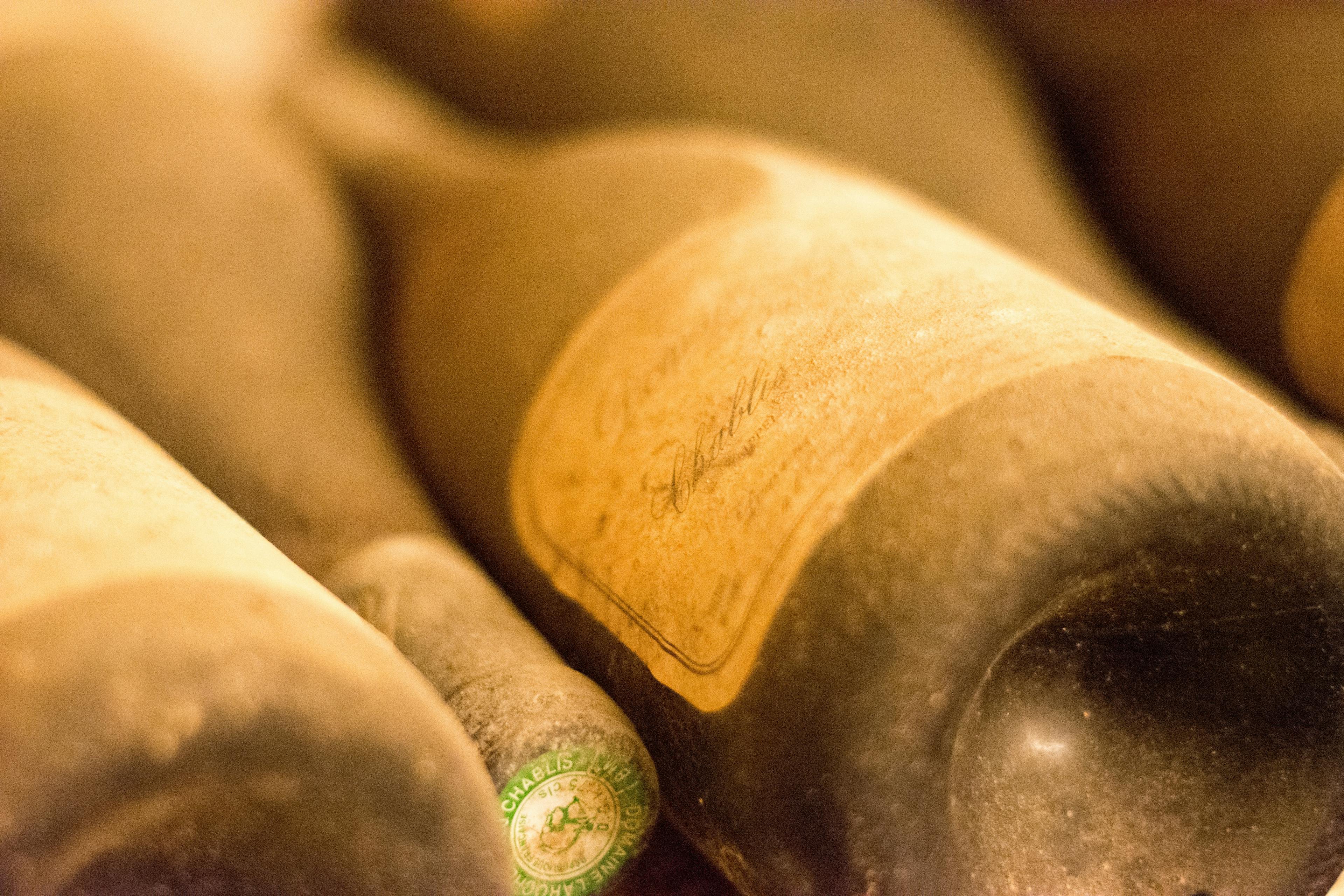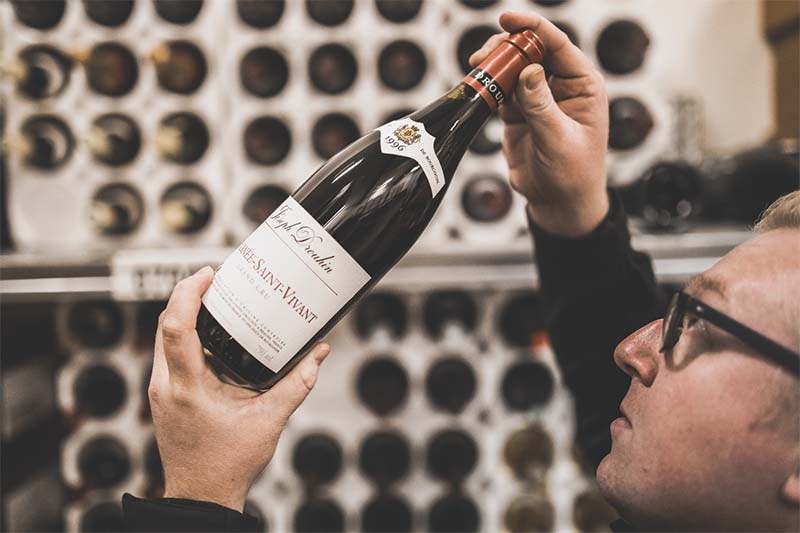What Makes Chateau Margaux Unique Among Bordeaux?
13 min read
Head of Content

Nestled in the prestigious Bordeaux region, Chateau Margaux stands as a paragon of viticultural excellence and historical depth. This article delves into the unique aspects that distinguish Chateau Margaux from other estates in Bordeaux, highlighting its unparalleled blend of tradition, innovation, and quality. From its ancient origins to its modern-day practices, Chateau Margaux has consistently set standards in the wine industry, making it a subject of fascination and reverence among wine enthusiasts. Join us as we explore the rich tapestry of history, the meticulous winemaking processes, and the distinctive terroir that contribute to the esteemed reputation of this iconic estate.
The Historical Significance of Chateau Margaux in Bordeaux
Chateau Margaux stands as a monumental figure in the wine world, particularly noted for its deep historical roots in the Bordeaux region. This esteemed estate has been producing wine since the 12th century, and its legacy is intertwined with the history of Bordeaux wine itself. The chateau's reputation was cemented in 1855 when it was designated as one of only four wines to achieve Premier Cru status in the Bordeaux Wine Official Classification.
Architectural Marvel: The main building of Chateau Margaux, designed by architect Louis Combes, was completed in 1812. Its neoclassical facade is as much a symbol of its refined elegance as the wines it produces.
Revolutionary Viticulture: Over the centuries, Chateau Margaux has been at the forefront of viticultural innovation, pioneering techniques that have been adopted across Bordeaux and beyond.
Historic Vintages: The estate's library of vintages contains some of the most sought-after bottles in the world, each telling a story of the unique climatic conditions of its year.
Cultural Impact: The influence of Chateau Margaux extends beyond wine. It has been referenced in literature and film, underscoring its role as a cultural icon.
For those interested in enjoying Chateau Margaux, understanding its historical significance adds an enriching layer to the experience.
Unique Aspects of Terroir and Microclimate
Chateau Margaux's terroir and microclimate are pivotal in shaping the distinct characteristics that define its wines. Nestled in the Bordeaux region, the estate benefits from a unique combination of geographical and climatic factors that contribute to its reputation as a producer of world-class wines.
Soil Composition: The vineyard's soil is rich in gravel, which provides excellent drainage and reflects sunlight, aiding the ripening of grapes. This gravel is mixed with sand, clay, and limestone, creating a perfect balance that contributes to the complexity of the wines.
Microclimate: Chateau Margaux enjoys a microclimate that is moderately humid, which helps in maintaining the vine's health and balances the ripening process. The nearby Gironde estuary plays a crucial role in moderating temperatures, shielding the vineyard from extreme weather conditions.
Topography: The estate's slight elevation ensures adequate air circulation, which is essential in preventing frost and promoting even ripening of grapes.
Ocean Influence: The Atlantic Ocean's proximity contributes to a temperate climate with long, warm summers and mild winters, ideal for growing the Cabernet Sauvignon that dominates the estate's plantings.
These elements, when combined, not only define the terroir but also consistently influence the production of popular vintages, making each bottle a testament to the unique environmental conditions of Chateau Margaux.
The Grape Varieties and Blending Techniques Used
Chateau Margaux stands out in the Bordeaux region not only for its prestigious name but also due to its distinctive approach to grape varieties and blending techniques. At the heart of its winemaking philosophy, Chateau Margaux primarily utilizes Cabernet Sauvignon, which typically comprises a significant portion of its blend. This grape is favored for its robust structure and potential to age, imparting depth and complexity to the wine.
Merlot plays a secondary, yet vital role, adding softness and richness that complements the structure of Cabernet Sauvignon. Petit Verdot and Cabernet Franc are also occasionally used, contributing spice, color, and vibrancy to the blend. This careful selection and combination of grape varieties ensure each vintage's consistency and unique character.
The blending process at Chateau Margaux is an art form, meticulously carried out by skilled winemakers. Each variety is vinified separately, allowing for precise control over the profile of each batch. After aging individually, the wines are expertly blended, a process that might adjust annually to reflect the best expression of the year's harvest.
For those looking to serve Chateau Margaux at its best, understanding these nuances can greatly enhance the tasting experience. Here are a few tips:
Allow the wine to breathe before serving.
Serve at a controlled temperature to highlight its intricate flavors.
Use appropriate glassware to fully appreciate its bouquet and palate.
Innovations in Winemaking at Chateau Margaux
Chateau Margaux has long been celebrated for its dedication to innovation and excellence in winemaking. This prestigious estate has introduced several groundbreaking techniques that have not only enhanced the taste of their wines but also influenced the broader Bordeaux region.
Implementation of Organic Practices: Chateau Margaux began experimenting with organic viticulture in the late 20th century, significantly ahead of many peers. This shift has helped in preserving the natural balance of the vineyard, ensuring healthier soil and grapes, which contribute to the complexity and purity of flavors in their wines.
Vinification Adjustments: The estate has adopted a more precise approach to vinification. By tailoring fermentation processes to the specific characteristics of each grape variety and vineyard plot, Chateau Margaux ensures that each batch of wine expresses the best possible aroma and structure.
Barrel Aging Innovations: Chateau Margaux has also pioneered modifications in the aging process, such as using lighter toast levels on their oak barrels. This technique allows the wine to mature gracefully, enhancing its aromatic profile without overpowering the natural fruit flavors.
These innovations underscore Chateau Margaux's commitment to quality and its influence in setting high standards within the Bordeaux wine community.
The Architectural Marvel of the Chateau Margaux Estate
The Chateau Margaux estate is not only renowned for its exceptional wines but also for its stunning architectural design, which stands as a symbol of elegance and history in the Bordeaux region. The main building, completed in the early 19th century, is a remarkable example of neoclassical architecture. Designed by architect Louis Combes, the chateau's façade is adorned with a majestic peristyle, which overlooks the vineyards, offering a picturesque view that encapsulates the essence of the estate's serene environment.
Historical Significance: The architecture of Chateau Margaux reflects its storied past, dating back to the 12th century. The design elements incorporated into the building echo the changes and developments through various ownerships and eras, making it a living museum of its rich history.
Aesthetic Appeal: The symmetry and grandeur of the chateau contribute to its aesthetic appeal, making it a visual masterpiece that attracts visitors from around the globe. The harmonious blend of function and form in its design ensures that it remains a quintessential example of fine architectural craftsmanship.
Cultural Impact: Beyond its beauty, the architecture of Chateau Margaux has significantly influenced the cultural landscape of Bordeaux, symbolizing the region's dedication to excellence and artistry in both winemaking and architectural design.
For those interested in exploring how to enhance their experience of this exquisite wine, consider learning about the food pairings that best complement its flavors.
Prestige and Awards: Recognitions in the Wine World
Chateau Margaux stands as a beacon of excellence in the Bordeaux wine region, consistently earning accolades that underscore its prestigious status. This storied estate has been celebrated for its exceptional vintages, each reflecting the unique terroir and expert winemaking that define its legacy. Among the numerous awards and recognitions:
Decanter Awards: Chateau Margaux has been a frequent recipient at these prestigious ceremonies, highlighting its consistent quality and excellence in winemaking.
Wine Spectator Top 100: Regularly appearing on this coveted list, Chateau Margaux's vintages are recognized for their complexity and depth.
International Wine Challenge: Here, the estate's commitment to quality is often rewarded, showcasing the global appreciation of its wines.
These accolades not only affirm the estate's revered status but also enhance its appeal to collectors and connoisseurs worldwide. Properly preserving such esteemed wines is crucial, and learning how to store Chateau Margaux can ensure that each bottle maintains its distinguished character and heritage. This recognition serves as a testament to Chateau Margaux's enduring legacy and its pivotal role in shaping the narrative of fine wines globally.
The Influence of Chateau Margaux on Global Wine Culture
Chateau Margaux has long been revered not just for its exceptional wines but also for its significant impact on global wine culture. This influence is deeply rooted in the craftsmanship that defines its winemaking process, setting a benchmark for quality and innovation in the industry. The estate's meticulous attention to detail and dedication to the purity of flavor have inspired numerous wineries around the world to adopt similar practices.
Historical Significance: Chateau Margaux's heritage dates back centuries, and its traditions have helped shape the standards and expectations for fine wines globally.
Innovative Techniques: The introduction of new winemaking technologies and methods at Chateau Margaux has often been a precursor to wider industry trends, influencing how other vineyards approach the art of winemaking.
Quality Control: The rigorous quality control measures and the pursuit of perfection at every stage of the winemaking process ensure that each bottle of Chateau Margaux is a testament to high-quality wine.
Educational Impact: Through workshops, tours, and tastings, Chateau Margaux educates and influences both connoisseurs and novices in the wine community, spreading its philosophy and techniques worldwide.
This blend of tradition, innovation, and commitment to excellence not only enhances the estate's reputation but also continually reshapes the wine culture on a global scale.
Conservation Practices: Sustainability in Viticulture
Chateau Margaux has long been celebrated not only for its exceptional wines but also for its commitment to sustainable viticulture, which plays a crucial role in the conservation of the local ecosystem. The estate's approach to sustainability is comprehensive, focusing on several key practices that ensure the health of the vineyard and the surrounding environment.
Organic Farming: The transition to organic farming methods has been a significant step for Chateau Margaux. By avoiding synthetic pesticides and fertilizers, the vineyard promotes biodiversity and maintains soil health, which are essential for growing high-quality grapes.
Water Management: Efficient water use is critical in viticulture, and Chateau Margaux employs advanced irrigation techniques that minimize water waste. This includes the use of weather stations and soil moisture sensors to tailor watering schedules and volumes to the precise needs of the vines.
Carbon Footprint Reduction: Efforts to reduce greenhouse gas emissions are integral to the estate’s sustainability agenda. This includes adopting renewable energy sources, optimizing transportation, and improving building efficiencies to lessen the overall impact on the environment.
Waste Management: The estate prioritizes recycling and composting to reduce waste. Organic waste from the winemaking process is composted and used as natural fertilizer in the vineyards, closing the loop in the nutrient cycle.
These practices not only contribute to the production of high-quality wines but also reflect the estate's respect for its land and history, ensuring that Chateau Margaux remains a leading example of sustainable viticulture in Bordeaux.
The Rarity and Exclusivity of Certain Vintages
Chateau Margaux stands out in the Bordeaux region not only for its exceptional quality but also due to the rarity and exclusivity of certain vintages. These sought-after releases are highly prized by collectors and wine enthusiasts around the world, contributing significantly to the estate's storied reputation.
Limited Production: Some of the most exclusive vintages of Chateau Margaux have had very limited production runs. This scarcity is often due to the meticulous selection process where only the best grapes are used, and in some years, adverse weather conditions reduce yield but increase concentration and quality.
Exceptional Years: Certain years have produced vintages that are particularly notable. For example, the 1900, 1953, 2000, and 2015 vintages are celebrated for their unique character and outstanding quality. These exceptional years are often marked by perfect climatic conditions that result in a perfect balance of acidity, tannins, and aromatic complexity.
Investment Value: The rarity of these vintages makes them highly valuable as investment pieces. Collectors are willing to pay premium prices at auctions for a bottle of rare Chateau Margaux vintage, knowing that its value is likely to appreciate over time.
Exclusive Ownership: Ownership of these rare vintages often grants one entry into a niche community of wine collectors and connoisseurs, who pride themselves on possessing such exclusive bottles.
For more detailed facts, exploring the history and production of Chateau Margaux can provide deeper insights into what makes these vintages so special and sought after.
The Legacy of Winemakers at Chateau Margaux
The legacy of winemakers at Chateau Margaux is a significant aspect that sets it apart in the Bordeaux wine region. This prestigious estate has been producing wine since the 17th century, and its success can largely be attributed to the expertise and continuity of its winemakers.
Paul Pontallier: Serving as the managing director from 1983 until his death in 2016, Pontallier played a crucial role in modernizing the winemaking process at Chateau Margaux. His commitment to maintaining the integrity of the vineyard’s traditional methods while incorporating modern technology helped elevate the quality of the wine.
Philippe Bascaules: Initially working under Pontallier, Bascaules took over as managing director in 2016. He returned to Chateau Margaux after a stint in Napa Valley, bringing with him a blend of international experience and a deep understanding of Chateau Margaux's unique terroir. His leadership is focused on enhancing the sustainability of the vineyard, ensuring that the legacy of Chateau Margaux continues with respect for its environment.
These winemakers have not only contributed their vast knowledge and innovative techniques but have also ensured that each vintage reflects the distinctive character of Chateau Margaux. Their legacies are not just about the wines produced but also about the enduring influence they have on the wine industry globally.
Conclusion
In conclusion, Chateau Margaux stands out as a beacon of quality and tradition in the Bordeaux wine region. Its unique combination of geographical advantages, historical significance, and commitment to quality winemaking practices has solidified its status as one of the premier vineyards in the world. The estate’s dedication to maintaining the integrity of its terroir while embracing innovative techniques ensures that each bottle of Chateau Margaux is a testament to both its illustrious past and its forward-thinking future.
For wine enthusiasts and collectors looking to invest in Chateau Margaux, Rekolt offers an exceptional service that complements the prestige of this fine wine. Understanding the importance of proper storage and the potential for future trading, Rekolt provides a professional cellar storage option. This not only preserves the quality and enhances the maturation of these exquisite wines but also facilitates ease in trading and reselling, making it an ideal choice for both new and seasoned collectors. By choosing Rekolt, you ensure that your investment in Chateau Margaux is preserved under optimal conditions, ready to appreciate in value and taste, reflecting the unique legacy of one of Bordeaux’s most iconic estates.
Share this article
